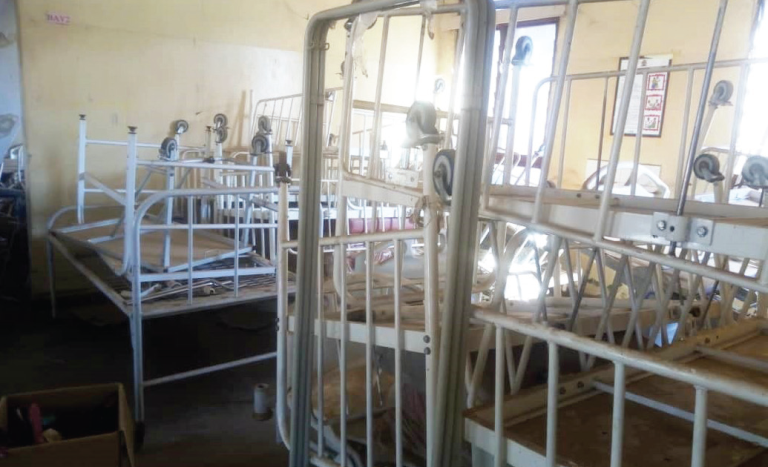Councils pushed to spend K4bn
Three months to the end of the financial year, the National Local Government Finance Committee is pushing councils to spend a whopping K4 billion for rehabilitation works in district hospitals.
But the decision has raised eyebrows from Malawi Local Government Association (Malga) and social accountability experts who have expressed fear that the arrangement could lead to abuse of funds due to existing weak accountability systems at local level.

The Malawi Government is transitioning its financial year to April 1 to March 31 cycle from the current July 1 to June 30.
The funds were expected to be disbursed from July 1 2021 to allow councils undertake new projects at local council level.
The committee has since resolved to allocate resources to all district councils for small rehabilitation projects that do not exceed the minimum procurement thresholds of ‘Request For Quotation’ to avoid lengthy procurement processes.
Eligible projects include repair of hospital equipment, procurement of hospital equipment such as beds and mattresses, minor electrical wiring, painting, plumbing and water works, toilet repairs and waste management disposal systems maintenance.
Initially, the committee in collaboration with the Ministry of Health planned to both new and ongoing allocate the resources to priority projects in councils.
But the arrangement changed due to delays in project identification, procurement processes and the nine-month financial year changes.
Communication signed by the committee’s director of finance Kondwani Santhe addressed to councils said the decision was made considering that there were three months to the end of the 2021/22 financial year.
He said: “Let me emphasise that priority should be given to projects that will add value to the operations of the health sector of your council and hence will ensure that there is value for money in the use of the resources that have been provided.”
Santhe urged the country’s 28 district councils to identify projects that will be implemented based on the budget ceiling provided and issued guidelines.
In a written response, Malga acting executive director Hadrod Mkandawire said the total budget is estimated at K4 billion. However, he said the required maintenance works were beyond the K4 billion.
He lamented the lack of a comprehensive assessment of needs, saying availability of resources was unpredictable, as such, assessments were done only based on available resources.
Mkandawire said the effects of failure, to fully execute designed projects in the budget may not be seen now, but only after persistence in annual allocation of resources to the local councils.
He said: “If the resources are holistically allocated for the next three to four years minimum, our infrastructure will be improved and thereby contributing to quality service provision
“These allocations started in 2015/16 financial year. However, it’s very difficult to trace how the resources were being used. This year the funds were allocated to the committee, but it didn’t have guidelines on how to utilise the resources. In other words, they didn’t know what to do at first.”
Mkandawire said in future the best practice would be ensuring that guidelines and policies on utilisation of the funds are available at the committee’s secretariat.
“Further, the challenges discussed above are a clear manifestation of slow fiscal devolution. Going forward, the development budgets of all sectors, including the health sector, should be devolved to the local governments,” he said.
Centre for Social Accountability and Transparency executive director Willy Kambwandira said in a written response the development showed lack of proper planning. He said it also indicated poor performance by public officers entrusted to manage the funds.
He said: “This raises serious accountability questions. Obviously, procurement procedures will be bypassed and in our view, this is a well-calculated move aimed at siphoning public funds.
“This is not good. It will only promote corruption and expose our taxes to abuse. If anything, we need signed social contracts between councils and citizens to increase citizen participation and monitoring of the projects.”
Ntchisi district commissioner (DC) Lusizi Nhlane said in an interview on Wednesday they will assess what needs to be implemented and manage time accordingly, especially for some health centres that have needs such as fixing security doors, changing iron sheets and painting, among others.
In a separate interview, Dedza DC Emmanuel Bulukutu said there has been general need for renovations at health facility level but now they will have to revisit their plans based on the directive.
Councils have had accountability and financial management challenges, according to findings of multiple studies.
Kambwandira said based on the Local Authority Performance Assessment report for the year 2020/21, most councils do not follow proper procurement procedures.
A 2015 Tilitonse Fund Report also found that local councils faced numerous queries bordering on fraud and accountability of funds which had progressively increased from K3 billion in the 2005/06 financial year to K34.2 billion in 2015/16.





